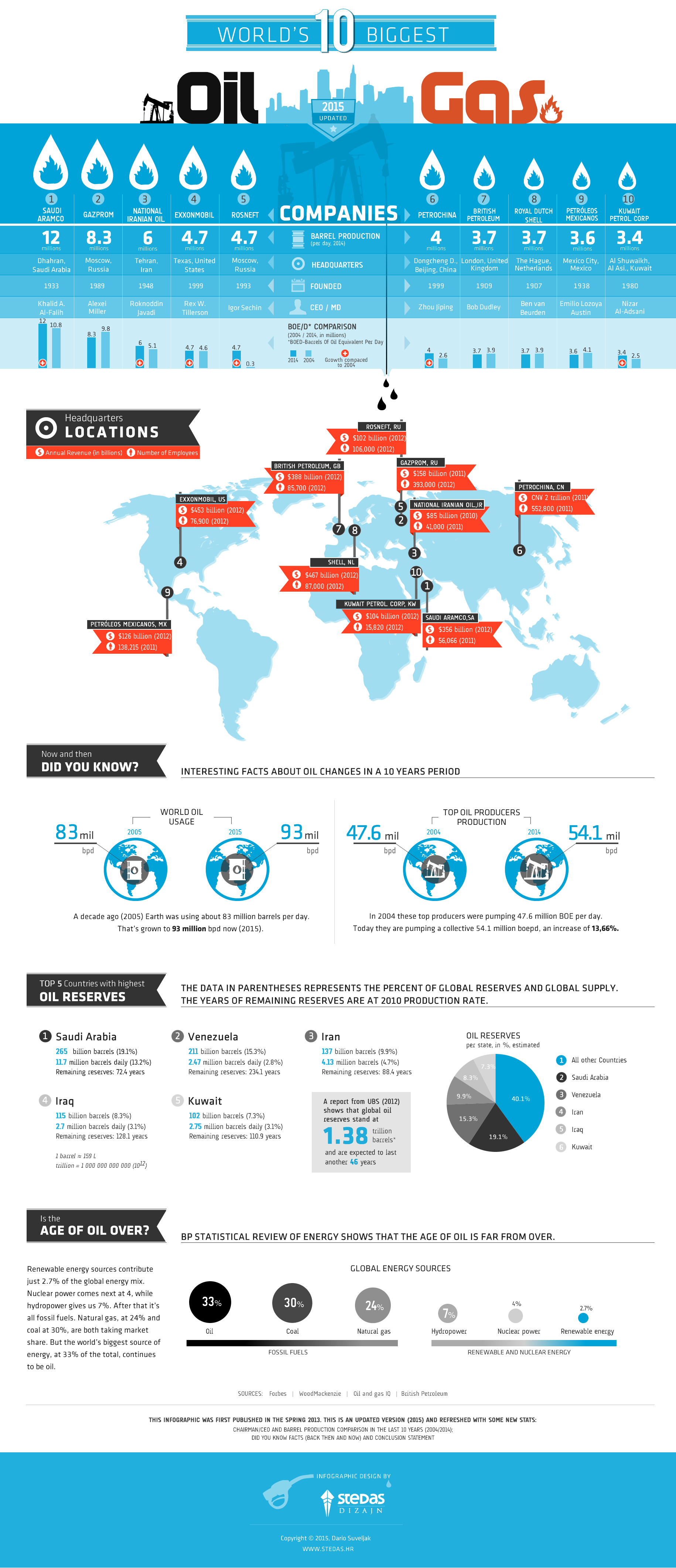Wednesday, June 24, 2015
the crash of 2015 - on track, behind schedule...,
By
CNu
at
June 24, 2015
0
comments
![]()
Labels: Collapse Crime , doesn't end well , FAIL , Hanson's Peak Capitalism
why have the fact-resistant deuterostems taken aim at poor women?
By
CNu
at
June 24, 2015
0
comments
![]()
Labels: Bibtardism , theoconservatism
Tuesday, June 23, 2015
oily pharisees and saducees continue their assault on laudato si
By
CNu
at
June 23, 2015
22
comments
![]()
Labels: cognitive infiltration , disinformation , not a good look
mccain promises to supply oil and gas to ukraine while shale industry gets swallowed by its own debt...,
Mccain promising things the U.S. flatly doesn't have....,
By
CNu
at
June 23, 2015
0
comments
![]()
Labels: Ass Clownery , Hanson's Peak Capitalism , helplessness
Monday, June 22, 2015
charleston attack was terrorism, straight up simple and plain...,
By
CNu
at
June 22, 2015
14
comments
![]()
Labels: The Hardline , truth
priests hold pope infallible on reproductive rights, on the environment - not so much....,
By
CNu
at
June 22, 2015
0
comments
![]()
Labels: disinformation , Livestock Management , theoconservatism
Sunday, June 21, 2015
radical extremism underlying domestic terrorism in the u.s.
By
CNu
at
June 21, 2015
0
comments
![]()
Labels: big don special , Race and Ethnicity
confederate flag head-fake from the inconvenient truth of domestic terrorism....,
“Terrorism is act of violence done or threatens to in order to try to influence a public body or citizenry so it’s more of a political act and again based on what I know so more I don’t see it as a political act. Doesn’t make it any less horrific the label but terrorism has a definition under federal law,” he said during a visit to Baltimore.
By
CNu
at
June 21, 2015
7
comments
![]()
Labels: American Original , Ass Clownery , Livestock Management , propaganda
last rhodesian canonical big donism...,
By
CNu
at
June 21, 2015
0
comments
![]()
Labels: big don special
anti-intellectualism
From its colonial beginnings, American society was a "decapitated" society—largely lacking the topmost social layers of European society. The highest elites and the titled aristocracies had little reason to risk their lives crossing the Atlantic and then face the perils of pioneering. Most of the white population of colonial America arrived as indentured servants and the black population as slaves. Later waves of immigrants were disproportionately peasants and proletarians, even when they came from Western Europe [...] The rise of American society to pre-eminence as an economic, political and military power was thus the triumph of the common man and a slap across the face to the presumptions of the arrogant, whether an elite of blood or books.
"We always preferred an ignorant bad man to a talented one, and, hence, attempts were usually made to ruin the moral character of a smart candidate; since, unhappily, smartness and wickedness were supposed to be generally coupled, and [like-wise] incompetence and goodness."[15]
By
CNu
at
June 21, 2015
0
comments
![]()
Labels: Livestock Management
Saturday, June 20, 2015
we will all perish because the poor want to become rich and the rich want to stay that way
Pope Francis has called on the world’s rich nations to begin paying their “grave social debt” to the poor and take concrete steps on climate change, saying failure to do so presents an undeniable risk to a “common home” that is beginning to resemble a “pile of filth”.The pope’s 180-page encyclical on the environment, released on Thursday, is at its core a moral call for action on phasing out the use of fossil fuels.But it is also a document infused with an activist anger and concern for the poor, casting blame on the indifference of the powerful in the face of certain evidence that humanity is at risk following 200 years of misuse of resources.
By
CNu
at
June 20, 2015
0
comments
![]()
Labels: Great Filters
jeffrey sterling took on the cia and lost everything...,
By
CNu
at
June 20, 2015
0
comments
![]()
Labels: necropolitics , niggerization , psychopathocracy
Friday, June 19, 2015
evangelicals centered in belief reject authentic christians and everyone else on global warming....,
By
CNu
at
June 19, 2015
21
comments
![]()
Labels: Bibtardism , not-seeism , shameless
authentic christendom united on ecumenism, ecology, economy...,
By
CNu
at
June 19, 2015
0
comments
![]()
Labels: as above-so below , cooperation , ethics , evolution , hope , jesuitical , People Centric Leadership , Strict Father
blackest woman on the planet triggered rahowa...,
By
CNu
at
June 19, 2015
0
comments
![]()
Labels: American Original , cowardice , Race and Ethnicity
Thursday, June 18, 2015
genetic engineering: technical challenge or moral challenge?
By
CNu
at
June 18, 2015
7
comments
![]()
Labels: scientific morality
optogenetics meets crispr
By
CNu
at
June 18, 2015
0
comments
![]()
Labels: Genetic Omni Determinism GOD
Wednesday, June 17, 2015
focus less on the hon.sis.rachel and more on what her example illuminates
By
CNu
at
June 17, 2015
11
comments
![]()
Labels: school
DEI Is Dumbasses With No Idea That They're Dumb
Tucker Carlson about Alexandria Ocasio-Cortez and Karine Jean-Pierre: "The marriage of ineptitude and high self-esteem is really the ma...
-
theatlantic | The Ku Klux Klan, Ronald Reagan, and, for most of its history, the NRA all worked to control guns. The Founding Fathers...
-
Video - John Marco Allegro in an interview with Van Kooten & De Bie. TSMATC | Describing the growth of the mushroom ( boletos), P...
-
Farmer Scrub | We've just completed one full year of weighing and recording everything we harvest from the yard. I've uploaded a s...



